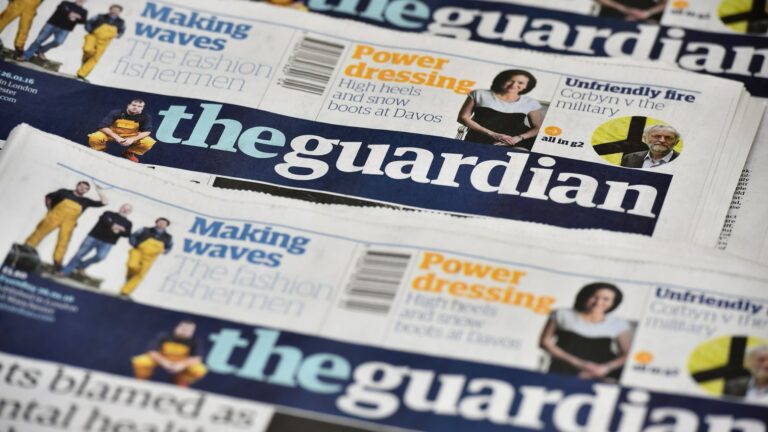Fear and Loathing in Media Land: A Glimpse into the Mind of Sick Peter Wilby
78-year-old Peter Wilby, a name that once echoed through the corridors of editorial power, now reverberates through the dimly lit alleys of depravity. This week, as the gavel of justice came down with a muted thud, Wilby found himself in the spotlight once more – this time not for his ink-stained opinions, but for his sordid collection of 167 indecent images of innocent children.
The Devil's Advocate of The Guardian, as he was known in those halcyon days when he held sway over the pages of prestigious publications like New Statesman and The Independent, had taken a curious path. It seems that in the shadows of his lofty media positions, an "inappropriate interest" had grown like a malignant weed.
But wait, the tale takes a bizarre twist. As the world learned of Wilby's unforgivable transgressions, a lurking paradox came to light. The very opinions he penned, like venomous serpents slithering across the printed page, still writhe online. The columns that championed his disdain for media's approach to pedophilia investigations now stand as grotesque monuments to his hypocrisy.
In one unhinged diatribe, he likened the pursuit of child predators to a "witch-hunt." Yes, you read that right. Wilby, the man now standing under the shadow of guilt, had spun words into arguments, advocating for those accused of the most vile acts against innocence. In the bizarre carnival of his mind, the accused were the victims, and the real victims – well, they were just pawns in some grand scheme of hysteria.
But let's dive deeper into this descent into madness. Wilby, in the halls of The Guardian, once saw himself as the vanguard of critical thought. In his article titled Prints of Darkness, he skewered press campaigns that dared to unveil the truth behind child exploitation. He scoffed at the notion that transparency could actually protect the vulnerable, suggesting instead that the monsters lurked within family circles.
And there's more – so much more. Another column, penned in a time when his own dark secrets were shrouded, condemned the media's pursuit of truth in a children's care home. He dismissed it as a "witch-hunt," and his words now echo with a chilling resonance. "Organized abuse," he sneered, waving his poisoned pen at the very notion, as if his words had the power to wipe away the stain of reality.
In the aftermath of his fall from grace, Adam Sprague, the operations manager at the National Crime Agency, spoke of the grotesque irony. Wilby, the gatekeeper of news for the British public, had plunged headlong into a realm of cruelty and perversion. The images he viewed – real children suffering real horrors – were juxtaposed against the headlines he once controlled. The trust he shattered, a trust given to him by a nation hungry for truth.
As the dust settles, and the ink of his wicked prose continues to stain the digital pages, the question remains: how could a man so eloquent in his condemnation of others' deeds be so blind to his own monstrosity? The layers of hypocrisy peel away like the skin of a deranged onion, revealing a darkness that even the most twisted minds would struggle to comprehend.
And thus, the tale of Peter Wilby – once a pundit, now a pariah – stands as a haunting testament to the duality of human nature. The words he wielded like weapons have turned against him, revealing the depths of his degradation. As the world grapples with the revelation, The Guardian's columns, a digital echo chamber of his twisted ideals, remain as a chilling reminder that the line between righteousness and depravity is thinner than we dare to imagine.

